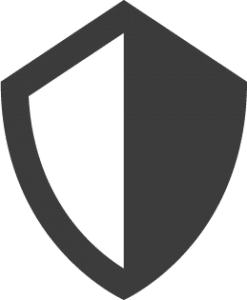Type of response:





Due to continuing armed conflict and intercommunal violence, high rates of physical violence (specifically GBV) and poor socio-economic conditions, often aggravated by epidemic outbreaks, malnutrition and food insecurity, a total of 12,8 million people across the Democratic Republic of Congo (DRC) are in need of humanitarian assistance. They all face protection risks and food insecurity.
On 1 August 2018, the tenth epidemic of Ebola virus disease (EVD) affecting the provinces of North Kivu and Ituri was declared by the Ministry of Health of DRC. This epidemic has been extremely complex, due to dense and mobile population, insecurity in the affected areas, community resistance and risk of spread at the
national and regional levels.
The impact of these various crises continues to be widely felt, affecting large numbers of people across different sectors including protection, WASH, food security, nutrition, health, education and psycho-social services. The high number of people in need in each individual sector points out that a multi-sectoral approach
remains most appropriate in the Congolese humanitarian context.
In order to address the holistic needs of vulnerable people in DRC, the response adopts a multi-sectoral approach across the eastern provinces of North and South Kivu, implementing interventions in the sectors Food Security & Livelihoods (FSL), Water, Sanitation & Hygiene (WASH), Education, Protection and through Multi-Purpose Cash Assistance (MPCA). This approach is based on an analysis of existing needs and gaps and organizations’ expertise and capacities, feedback gathered through the implementation of the DRCJR 2019, and aligned with the Humanitarian Response Plan 2017-2019 for the DRC.
A total of 165,786 direct beneficiaries across 5 Territories in North and South Kivu will benefit from interventions implemented. With these interventions, the DRA partners aim to provide multi-sectoral assistance to respond to the immediate needs and protection risks of the most vulnerable and conflict affected people in targeted Territories within North- and South Kivu in DRC, through an effective and efficient humanitarian response by Dutch NGOs, local partners and actors. Joint Activities will be integrated in the response, in line with the DRA Strategic Objectives of accountability, innovation & learning, collaboration and localization.
Photo credits: Jeppe Schilder
Save the Children
Laan van Nieuw Oost-Indië 131-k
2593 BM Den Haag
The Netherlands
Chair organisation: ZOA
E: office@dutchrelief.org